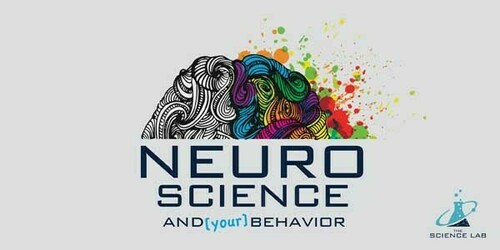
How your brain works impacts not only your behavior, but also your worldview. Early environments and experiences affect the brain and overall health, research has shown.
“Neuroscience and (Your) Behavior: How your experiences shape your brain and your outlook” is the second program in the Notre Dame College of Science’s series of multimedia educational enrichment programs — called The Science Lab — for The Alumni Association’s ThinkND.
The online, synchronous programs will be held from 11:30 a.m. to 12:30 p.m. on March 18 and 25 and April 1, and will be led by Nancy Michael, associate teaching professor and director of undergraduate studies for Neuroscience and Behavior.
Negative early relationships and stressors wire our brains in physical ways that researchers have determined can lead to diagnoses such as depression, anxiety, addiction and even cancer, diabetes and heart disease. However, positive experiences can lead to resilience and improved overall health. The study of neuroscience and behavior offers deep insight into understanding our own thinking and how we engage with others. This self-awareness can ultimately encourage us to consider our responsibility in meeting others in dignity and solidarity.
Questions about people and behavior led Michael to study neuroscience in graduate school, she said.
“Everything I've learned since has changed how I see and engage with the world around me; the way I teach, parent, talk to the cashier at the store and even care for myself. By developing our understanding of our brains and how experiences shape our brain and behavior, we are offered a deeper understanding of ourselves,” she said.
“From this perspective we can earnestly engage with the Mission our Lady's University of using our education in service to justice no matter our vocational calling.”
“Neuroscience and (Your) Behavior” includes short explainer videos, optional readings and interactive, one-hour Zoom sessions. The program, which launches during Women’s History Month, includes mostly female guests, including Kristin Valentino, director of the William J. Shaw Center for Children and Families and the William J. Shaw Center for Children and Families Professor of Psychology; Elizabeth Archie, associate professor in the Department of Biological Sciences; Connie Snyder Mick, director of academic affairs for the Center for Social Concerns and director of the poverty studies minor; and Kimberly Green Reeves, director of community health and community benefit at Beacon Health System.
The sessions are free and open to the public.
Originally published by at science.nd.edu on Feb. 26.